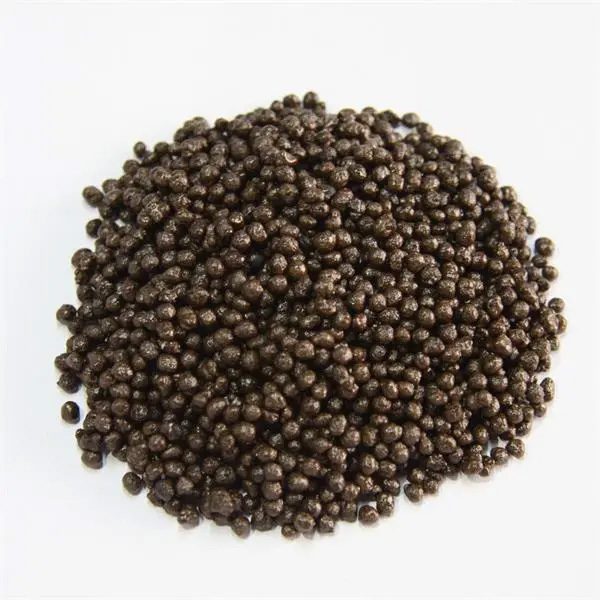Phosphate Diammonium, commonly known as DAP, is a multifunctional compound widely used in various industries including agriculture, food and pharmaceuticals. In recent years, there has been increasing interest in exploring the potential use of Phosphate Diammonium in food-grade formulations. This article aims to provide an in-depth look at the various applications of Phosphate Diammonium in the food industry and its significance in food-grade formulations.
Phosphate Diammonium is a highly soluble source of phosphorus and nitrogen, making it an ideal ingredient for formulated fertilizers. However, its uses extend beyond agriculture as it is also used in food-grade formulations. In the food industry, Phosphate Diammonium is an important ingredient in baking powder because it acts as a leavening agent and helps give baked goods a light, airy texture. Its ability to release carbon dioxide gas when combined with acidic ingredients makes it an important component in the production of cakes, breads and other baked goods.
Additionally, Phosphate Diammonium is used in the production of food-grade yeast, an essential ingredient in baking and brewing processes. This compound provides yeast with an essential source of nutrients, promoting its growth and fermentation capabilities. This in turn contributes to the development of flavor, texture and aroma in a variety of food and beverage products.
In addition to its role in starter and yeast production, diammonium phosphate is also used as a buffering agent in food-grade formulations. Its ability to regulate pH makes it an important component in the production of processed foods and beverages. By keeping a food’s acidity or alkalinity within the desired range, diammonium phosphate helps improve its stability, shelf life and overall quality.
Additionally, diammonium phosphate is a source of essential nutrients in food-grade formulations. Its phosphorus and nitrogen content make it a valuable ingredient for fortifying foods with important nutrients. This is particularly important for addressing nutritional deficiencies and improving the nutritional value of a variety of foods, including grains, dairy products and nutritional supplements.
The use of diammonium phosphate in food-grade formulations also extends to the production of specialty foods such as noodles, pasta and processed meats. Its role in improving the texture, structure and cooking properties of these products highlights its importance in the food industry.
In summary, the diverse applications of diammonium phosphate in food-grade formulations highlight its importance as a multifaceted ingredient in the food industry. From its role as a leavening agent and buffering agent to its contribution to nutritional fortification and specialty food production, diammonium phosphate plays a key role in improving the quality, functionality and nutritional value of a variety of food products. As its applications continue to be explored, diammonium phosphate is expected to continue to become an important ingredient in food-grade formulations, contributing to innovation and progress in the food industry.
Post time: Jul-15-2024

